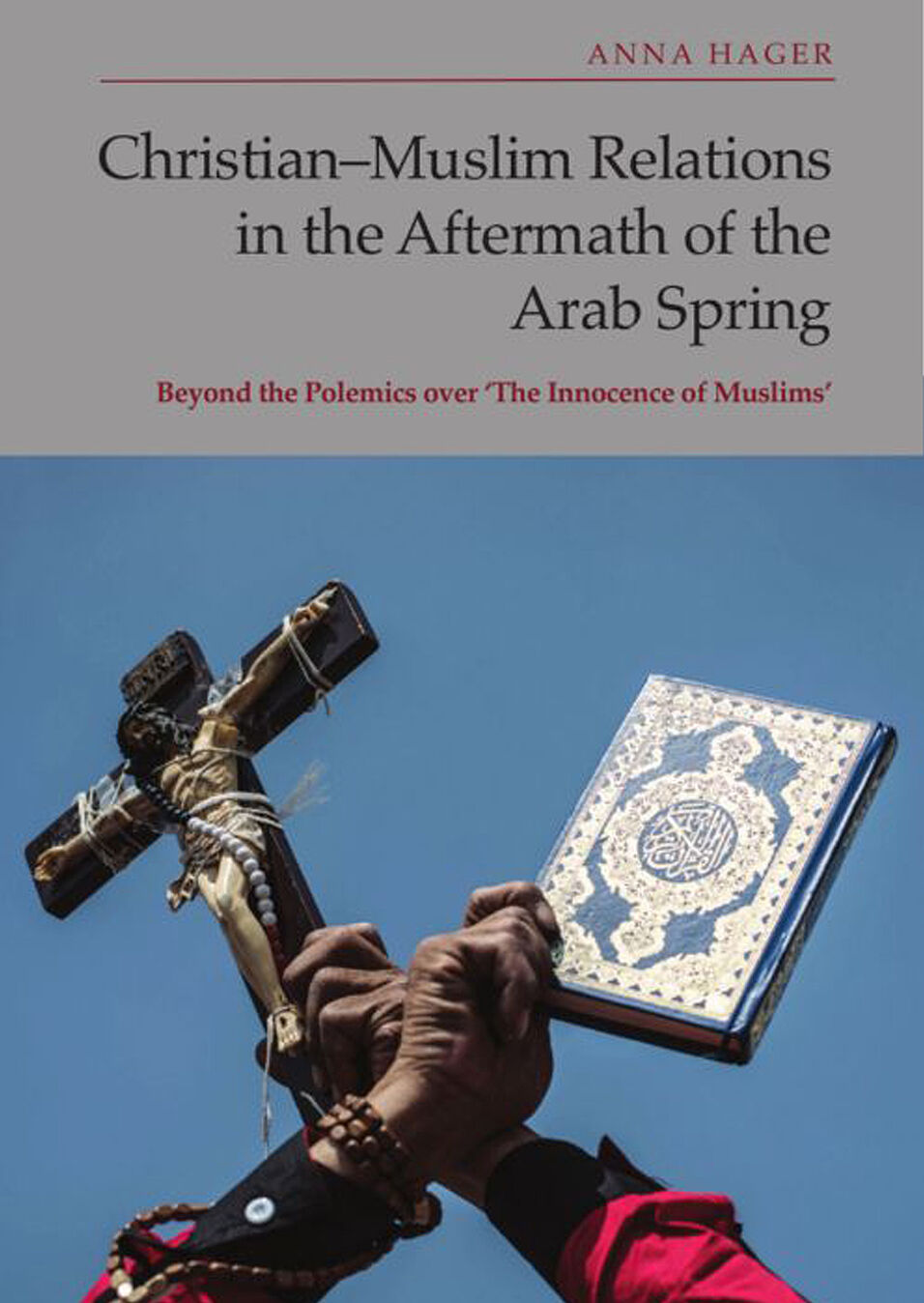Uses The Innocence of Muslims controversy as a starting point for exploring Christian–Muslim relations in Egypt, Lebanon and Jordan
- Highlights the diversity of Middle Eastern Christian experiences and attitudes towards Islam, including understudied groups (Jordanian Christians, Coptic Catholics, lay Christian activists and politicians)
- Explores the diverse Muslim attitudes towards Christians, of both Islamist/Salafi figures and official Islam, and their use of Christians as political and ideological tools in the aftermath of the Arab Spring
- Offers theoretic reflections on violence, agency and the ‘inclusion–moderation hypothesis’ of Islamist actors through a comparative approach
In September 2012, a video titled The Innocence of Muslims provoked widespread condemnation and protests in the Middle East. It depicted an attack on Copts by a presumably Muslim group, connecting it with the prophet of Islam, Muhammad, portrayed as a ruthless killer and child-molester. Although the video could have had dramatic consequences for Christians in the region, since Coptic individuals living in the US had produced it, the controversy turned instead into a moment of Christian–Muslim unity.
This book uses this controversy as an entry point into the study of relations between Christians and Muslims in Egypt, Lebanon and Jordan. Instead of dismissing the condemnations and joint reactions as shallow and ritualised displays of solidarity, Anna Hager argues that they offer insights into the mechanisms of Christian–Muslim relations. Christians and Muslims, including Islamist figures, channelled the potential violence – turning it into an occasion to strengthen inter-communal relations and, crucially, their own positions.

